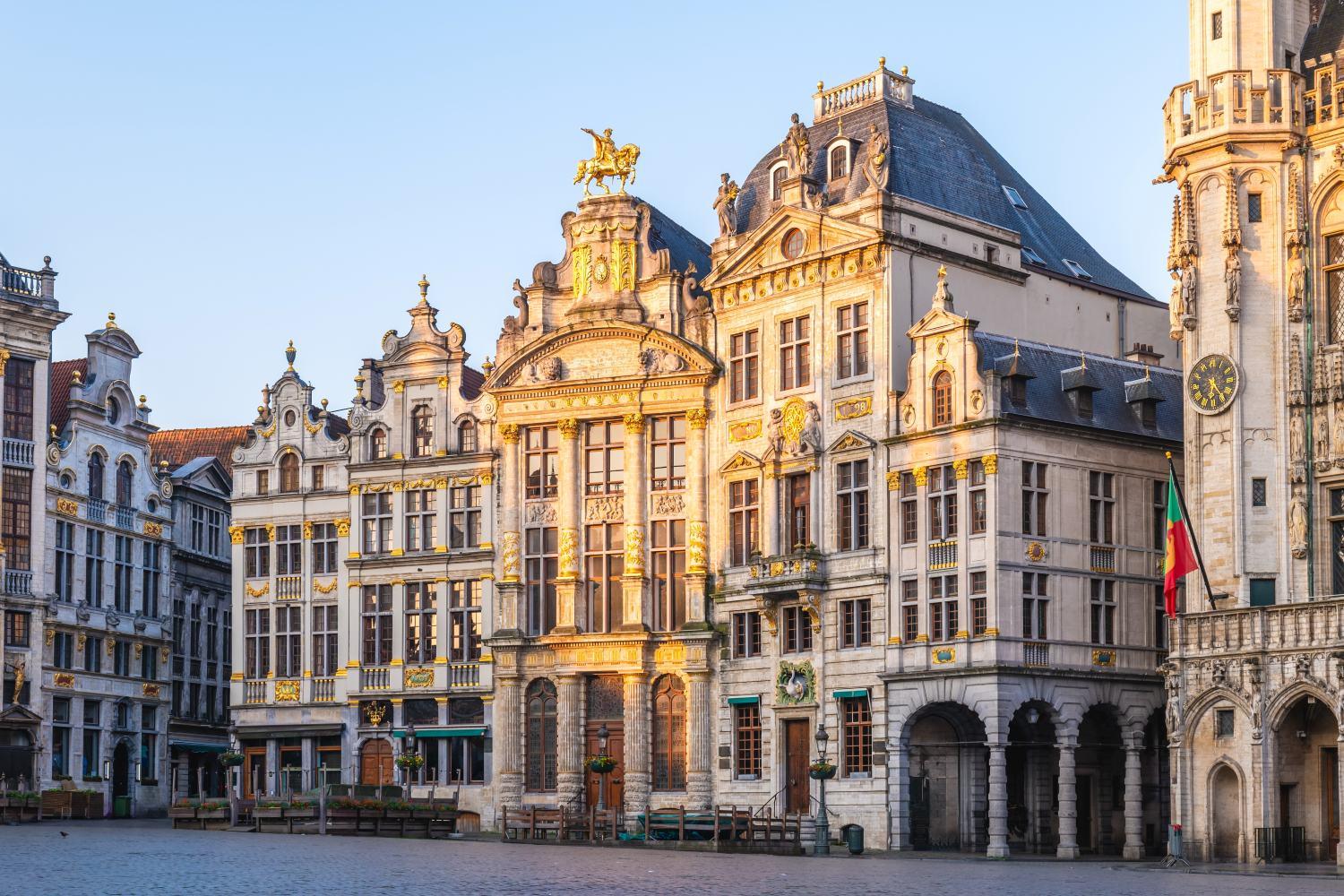Editor's note: The IAPP is policy neutral. We publish contributed opinion and analysis pieces to enable our members to hear a broad spectrum of views in our domains.
"Each generation doubtless feels called upon to reform the world. Mine knows that it will not reform it, but its task is perhaps even greater. It consists in preventing the world from destroying itself."
Albert Camus received the Nobel Prize in Literature in 1957. His acceptance speech is profoundly human, wise, eloquent and carved in history. He talks about the dignity of life and death; about the truth being "mysterious, elusive, always to be conquered;" about liberty being "dangerous, as hard to live with as it is elating;" and about technology gone mad and worn-out ideologies.
It was delivered seven decades ago and is well worth reading again today, for it continues to ring true. Of course, today's times are different than the ones Camus lived through — change is the only constant, as the poet says. Camus delivered this speech at a time when parts of the world were rising back from global conflict, when deploying consumer cutting-edge technology meant having refrigerators and dishwashers in homes across the western world.
Yet the notions he discusses are underlying themes that cut across many issues of the day in the digital governance community. Of course, not everything on the desk of privacy, artificial intelligence governance, and digital responsibility professionals bears the risk of world self-destruction, thankfully. But there is a lot that does, especially if we look at it collectively.
When Camus talks about the need to constantly conquer truth, I think about how the deployment of (generative) AI solutions in the broader public is challenging our relationship to truth and invites us to consistently question and train our critical thinking. Is this real, or is this AI? Is it accurate fact, or disinformation?
When he talks about the dignity of life and death, it resonates with how we think about privacy after death, with online safety for vulnerable people, it questions our ability to develop, agree, respect societal norms and expectations suited to the online world.
It is perhaps in his conclusion that resonates the intersection of data, technology and human interest. "For myself, I cannot live without my art. But I have never placed it above everything," Camus said. In the world of digital responsibility, court cases, laws, societal shifts, technological developments swing the pendulum even slightly every day. It invites our professions to think constantly about the delicate equilibrium that we are building between the objectives we seek to reach — whether they be of prosperity, dignity, or advancement — and perhaps ask ourselves what do we place above everything else, if anything, and whether that ever changes.
Isabelle Roccia, CIPP/E, is the managing director, Europe, for the IAPP.
This article originally appeared in the Europe Data Protection Digest, a free weekly IAPP newsletter. Subscriptions to this and other IAPP newsletters can be found here.
